What are guidelines on preparing the lesson "Clouds and Waves" for grade 6 students in Vietnam? What is the objective of the grade 6 Literature program in Vietnam?
What are guidelines on preparing the lesson "Clouds and Waves" for grade 6 students in Vietnam?
The poem "Clouds and Waves" by poet Rabindranath Tagore is a famous work that praises sacred maternal love. The poem is written in the form of an imaginative conversation between a child and their mother, with invitations from those living on clouds and in waves. Below is the guidance for preparing the lesson "Clouds and Waves."
|
Guidance on Preparing the Lesson "Clouds and Waves" for grade 6 students in Vietnam Question 1: When reading the poem "Clouds and Waves," it feels like listening to a story. Who is telling the story? Who is the listener? What is it about? |
Note: The content for preparing the lesson "Clouds and Waves" for grade 6 students is for reference only!
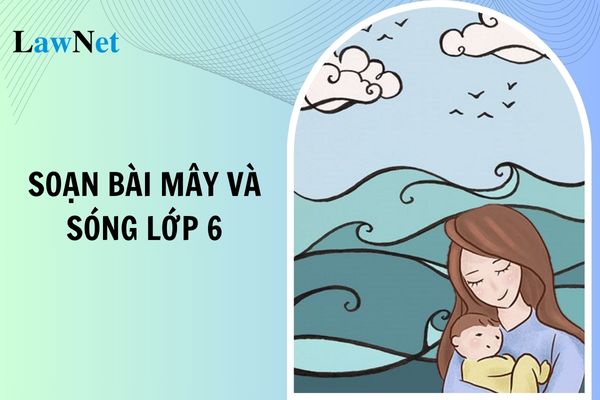
What are guidelines on preparing the lesson "Clouds and Waves" for grade 6 students in Vietnam? What is the objective of the grade 6 Literature program in Vietnam? (Image from the Internet)
What are the general objectives of the Literature program in Vietnam?
Based on the General Education Program in Literature issued with Circular 32/2018/TT-BGDDT, the general objectives of the Literature program are as follows:
- To form and develop in students essential qualities: patriotism, kindness, diligence, honesty, and responsibility; nurturing the soul, forming personality, and developing individuality.
- The Literature subject helps students explore themselves and the world around them, understand humanity, have a rich spiritual life, possess humane living concepts and behavior; love the Vietnamese language and literature; be aware of the nation's origins and identity, contributing to preserving and developing Vietnam's cultural values; have a spirit of embracing global cultural excellence and the ability to integrate internationally.
- To aid in developing students’ general competencies: the ability to be autonomous and self-study, the ability to communicate and cooperate, the ability to solve problems creatively.
- Specifically, the Literature subject helps students develop language and literature competencies:
+ Practice skills in reading, writing, speaking, and listening;
+ Acquire foundational general knowledge about Vietnamese language and literature, develop figurative and logical thinking, contributing to forming basic education of a cultured person;
+ Know how to create common documents; know how to receive and evaluate literary texts in particular, communication products, and aesthetic values in general in life.
What are the objectives of the grade 6 Literature program in Vietnam?
Based on the General Education Program in Literature issued with Circular 32/2018/TT-BGDDT, the objectives of the grade 6 Literature program are as follows:
- To help students continue developing the good qualities formed in primary school; enhance and expand the development requirements for qualities with specific expressions such as: being proud of national history and literature; having dreams and aspirations, a spirit of self-study and self-respect, a sense of citizenship, and respect for the law.
- To continue developing general competencies, language competencies, and literature competencies formed at the primary level with higher achievement requirements. Develop language competency with the requirements:
+ Distinguish between literary texts, argumentative texts, and informational texts; understand both explicit and implicit content of various texts;
+ Write coherent and logical narrative, descriptive, expressive, argumentative, explanatory, and obsolete essays, correctly combining expressive methods; speak clearly and confidently, suitable to the communication context; listen and understand with an appropriate attitude.
- Develop literature competency with the requirements:
+ Distinguish between literary genres such as story, poem, memoir, script, and some specific sub-genres;
+ Recognize the characteristics of literary language, recognize and analyze the effects of form elements and artistic techniques associated with each literary genre;
+ Recognize expressive, cognitive, and aesthetic values; analyze imagery, content, and form of literary works; be able to create some literary characteristic products.
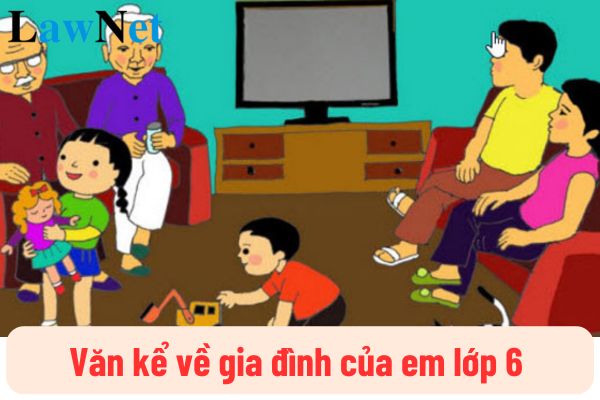
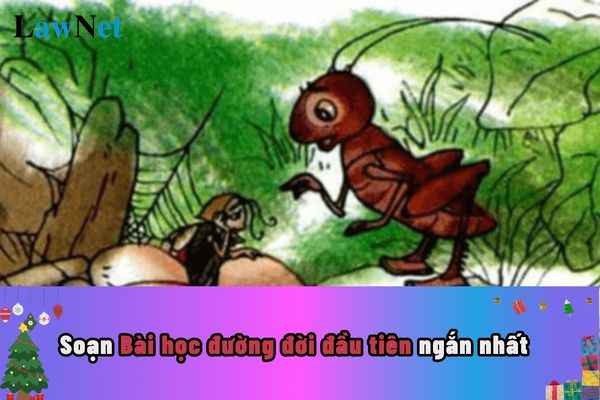
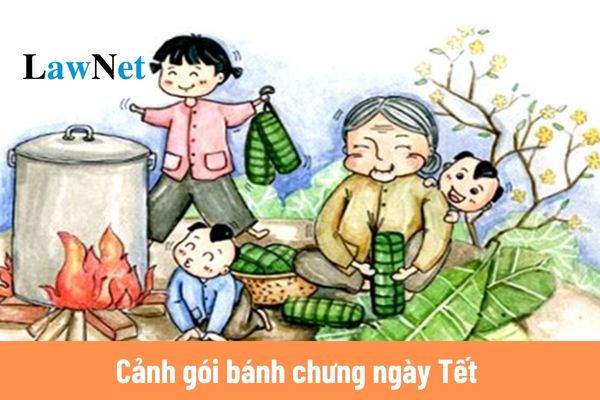
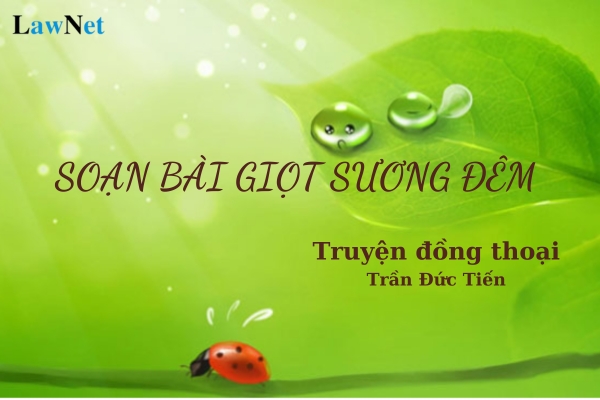
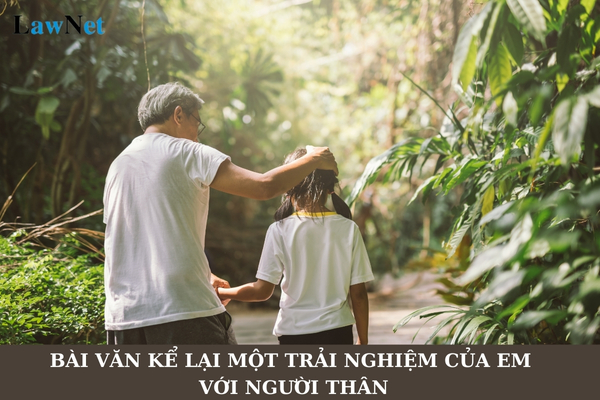
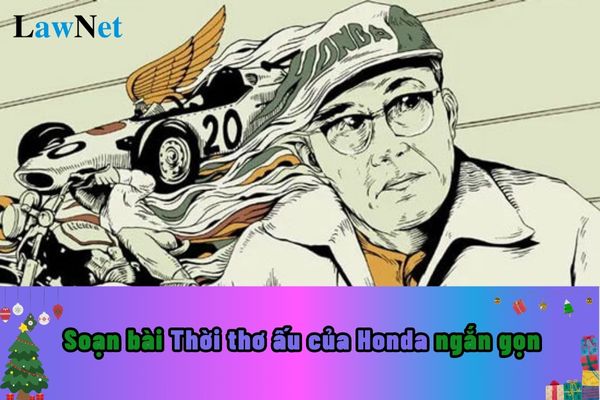

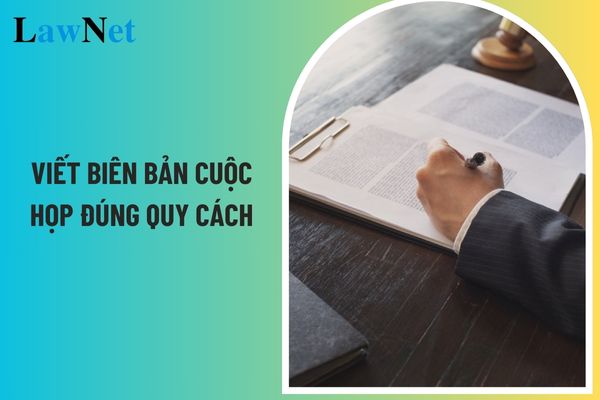

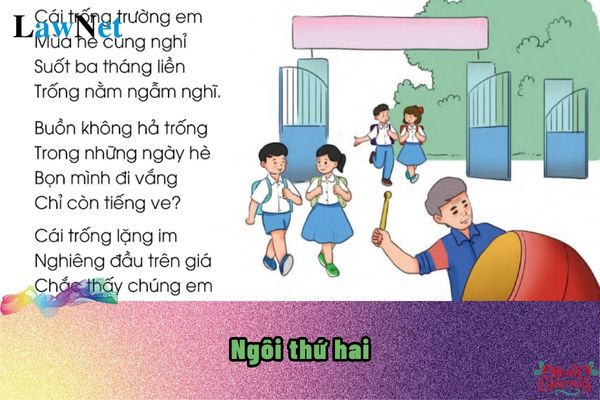
- Vietnam: What is the sample report on a modern literary matter - innovations and renovations in the short stories "Chiếc thuyền ngoài xa" and "Một người Hà Nội"?
- Vietnam: What are the 05 sample 600-word argumentative essays on negative issues among youth today? How many types of texts are there in the content of the 12th-grade Literature curriculum?
- Vietnam: What are the best sample paragraphs about your family for 6th-grade students? What elective subjects do 6th-grade students learn?
- Vietnam: What are the best sample self-introductions in English for 5th-grade students? What topics are covered by the 5th-grade English curriculum?
- Vietnam: What are the sample imaginary paragraphs on Tin-tin and Mi-tin entering the magical garden for 4th-grade students? What are the 05 essential qualities required for 4th-grade students?
- Vietnam: What are the guidelines for preparing the briefest lesson "A Strange Tale of the Fisherman's House/Truyện lạ nhà thuyền chài"? What is the eligibility for lower secondary graduation recognition for 9th-grade students?
- What are the enrollment methods of Pham Ngoc Thach University of Medicine in 2025?
- Vietnam: What are the sample 1st end-of-semester question papers of 9th-grade Literature? What is the form of assessment for 9th-grade Literature?
- Vietnam: What are the 10 sample 200-word social argumentative paragraphs on the strength of discipline? Is improving manpower one of the goals of education?
- What are the sample social argumentative essays on a social issue raised from a literary work in the 8th-grade Literature curriculum in Vietnam?

